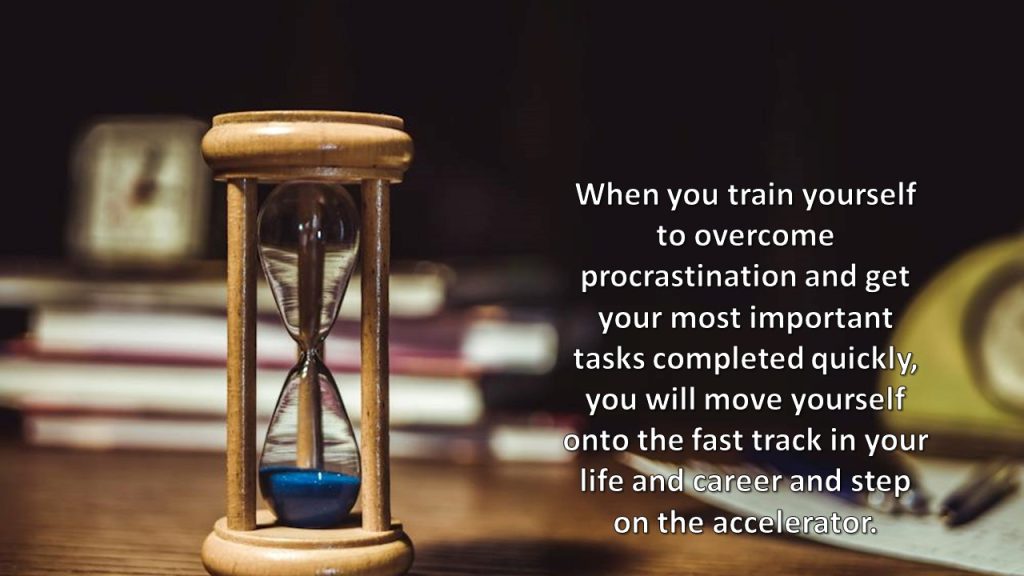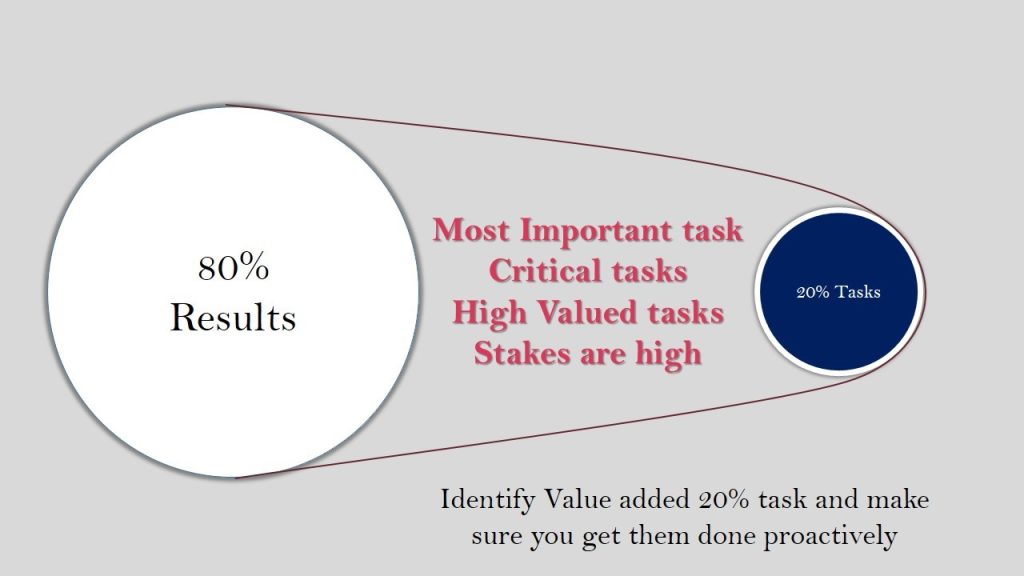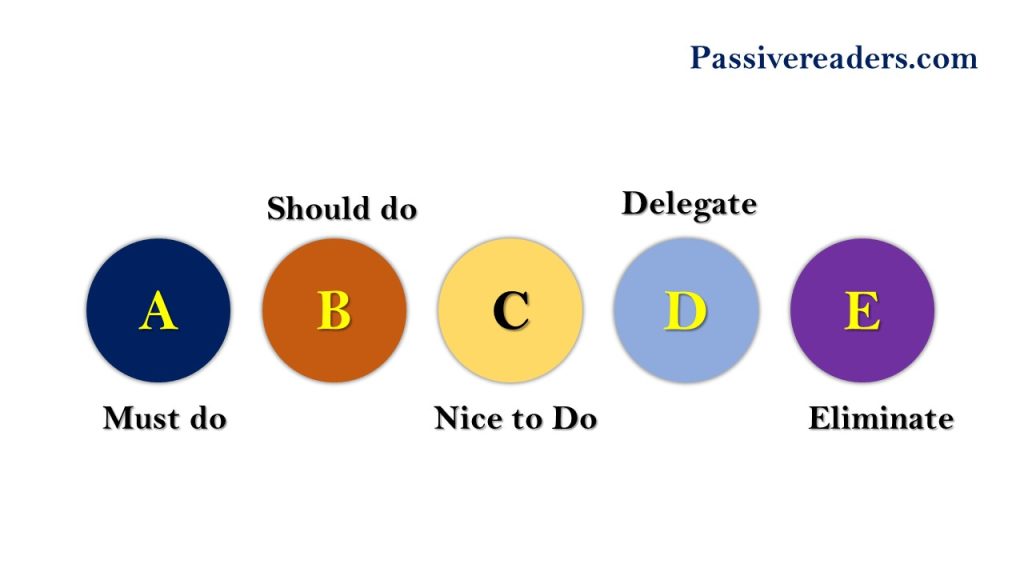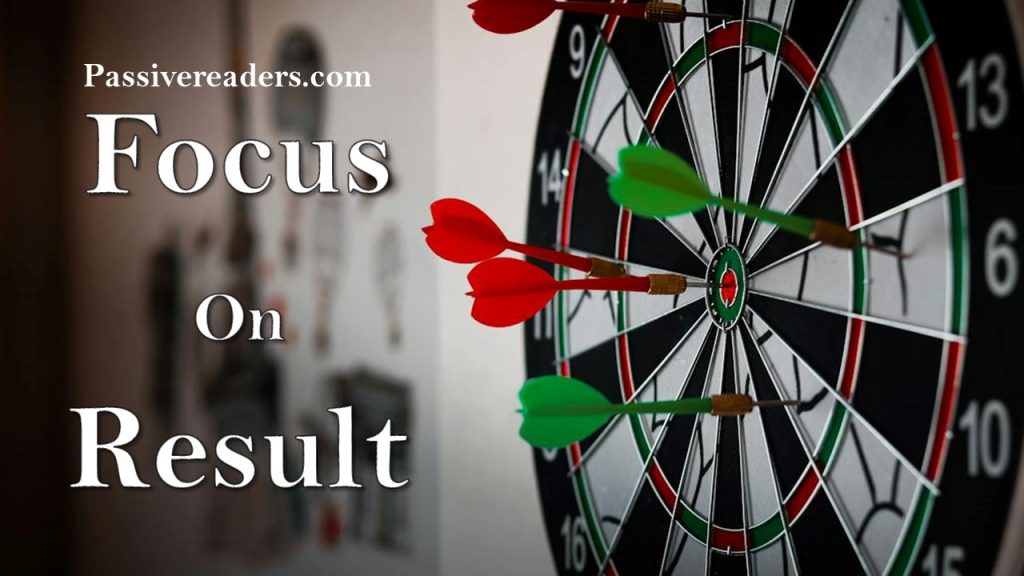Eating that frog means eating the ugliest frog first, which describes doing the most important task quickly before doing anything else. By doing the most crucial task, you relax and gain complete confidence in the other tasks you have in your hand. In this eat that frog book summary we will look into some good time management tips.
21 great ways to stop procrastinating and get more done in less time is the main theme of this book and we will be going through the each ways to reduce the time wasters and get more done in less time.

1. Set The Table
Setting table means you need to be very clear about your gals and objectives and be stick with your plan. Set the table is allowing you to focus on one specific goals that is very important for your life. Eat that Frog Book Summary.
We will look at the seven steps of setting our table for success.
- Be clear about what you want. Have a clear conversation with your boss and decide what are the goals you want to achieve for your personal and professional life.
- Write your goals down. Once you write it down, you crystallize it and give it tangible form.
- Set a deadline for your goal. Having a deadline for each goal creates urgency and pushes you to accomplish it.
- List the actions you will take to achieve your goals. Anything and everything that is required for you to achieve your goals.
- Organize your goals into a plan by sequencing them based on their importance and impact on your goals.
- Planning is only good if you execute them. It is the time to work on the plan and take immediate action to accomplish your dream.
- Consistency is the key; have an explicit schedule every day so you do not miss a day that drives you toward your desired destination.
2. Plan Every day in advance
How do you eat an elephant? One bite at a time!
- Every minute spent in planning saves as many as ten minutes in execution.
- We can easily apply the 10/90 rule because the first 10% of the time you spend planning and organizing your work before you begin will save you as much as 90% of the time in getting the job done.
- Have a master list of what you want. From there, you must create monthly, weekly, and daily lists.
- On each list, there are specific activities that you are going to accomplish that day.
- Have these lists inform of you, and tick off the items on your list as you complete them. It gives you a visual picture of accomplishment. It generates a feeling of success and forward motion.
3. Apply the 80/20 rule for everything
- Apply 80/20 rules means that you need to find the 20% of work that has an 80% impact on your life so that once you accomplish this 20%, you complete 80% of your primary task.
- 20% of your products or services will account for 805 of your profits.
- The most important 20% of tasks are called vital few, and the least significant 80% are called Trivial many.
- Have a list of activities ready and identify the top 20% of tasks and work in these few areas that can make a difference in your life and career.

4. Consider the Consequences
- Be a super thinker who can Understand the consequences of doing or not doing something significant for your goals.
- Think long-term because it helps to make better short-term decisions
- Avoid short-term pleasure and immediate gratification; instead, be like successful people who are willing to delay gratification and make sacrifices in the soft term to enjoy greater rewards in the long term.
- Ask yourself: which are my activities with the highest value? What can I do, and only I can do that if done well, will make a real difference? (Peter Drucker), what is the most valuable use of my time right now?
- Prioritize your work according to the consequences.
“The mark of the superior thinker is his or her ability to accurately predict the consequences of doing or not doing something”.
Eat that Frog
5. Practice the ABCDE Method
The ABCDE is a powerful priority-setting technique that we can use daily….
- A: Something that is very important. Must do the task. This is the task, if not done well, will have serious consequences. If we have more than that on, then we can use A1, A2,,,,,,,,
- B: A task that we should do it. It has mild consequences. Somebody may be unhappy or inconvenienced if we do not do it.
- C: That task would be excellent to do, but there is no consequence at all. Calling friends or having lunch with coworkers.
- D: Task that can be delegated to someone else.
- E: Task defined as something you can eliminate and won’t make any difference.

6. Focus on the Key Result Areas
Eat That Frog Book Summary
- Know the reason for your existence in the organization. Why are you being paid?
- The key result area is something you must achieve to succeed at your job. It is a task area for which you are entirely responsible. You are solely responsible for this task. For example, if you are a salesman, your crucial result area will be sales.
- First, identify the key result areas or discuss with your boss and agree on the key result areas.
- Secondly, grade yourself on a scale of 1 to 10 in each area and see where you are weak and performing well.
- Ask yourself what skill, if you developed and did it well, would positively impact your career.

7. Apply The Law Of Three
This law says that “there is never enough time to do everything, but there is always enough time to do the most important things. Ask yourself three questions.
- What are my highest-value activities? We must be transparent about our highest-value activities before beginning our work.
- What can I do, and only I can do that if done well, will make a real difference? What activities should I do that create a significant impact on my work?
- What is the most valuable use of my time? Where and how should I spend my time, and how can I utilize my time properly?
- The things that matter most must never be at the mercy of the things that matter least.
8. Prepare Thoroughly Before You Begin
Eat That Frog Book Summary
- Get everything ready before you begin your work.
- Getting everything ready to prepare a meal, such as a giant frog.
- Begin by clearing off your desk or workspace so that you have only one task in front of you
- Gather all the information, reports, details, papers, and work materials that you will require to complete the job.
- You have all writing materials, computer disks, access codes, e-mail addresses, and everything else you need to start and continue working until the job is done.
- Make sure you have comfortable hair that supports your back and allows your feet to sit flat on the floor.
- The cleaner and neater your work area before you begin, the easier it is for you to start and keep going.
- When everything is laid out in order and sequence, you feel much more life getting on with the job.
- You will feel the body language of high performance once you see everything in front of you ready to go.
9. Do Your Homework
Eat That Frog Book Summary
- We procrastinate when we have feelings of inadequacy, lack of confidence, or inability in a critical task area.
- Continually upgrade your skills in your key result areas
- If you are not getting better, you are getting worse
- One piece of information or additional skill can make an enormous difference in your ability to do the job well.
- Continuous learning is the minimum requirement for success in any field
- Everything in business is learnable
- You can be good at anything you want. It just needs your decisions and priority
- Join seminars, conventions, business meetings, and workshops to learn
- Make your journey time a learning time.

10. Leverage Your Special Talents
- Look for your unique talent where you are good at
- Identify your particular areas of uniqueness and commit yourself to becoming very, very good in those areas.
- What is it that you enjoy the most about your work?
- The fact that you enjoy something means that you probably have within yourself the capability to be excellent in that area.
- What you love to do and then throw your whole heart into doing that particular thing very well
- You can do everything, but you can do those few things you excel in, the few things that can make a difference.

11. Identify Your Key Constraints
Eat That Frog Book Summary
- Ask these questions to yourself
- What is holding me back?
- What sets the speed at which I achieve my goals?
- What stops me that can making a difference?
- Why am I not at my goal already?
- First, identify what makes you slow at your work
- Identify the limiting factor or constraint and then try to eliminate them
- Identify what makes your company slow. It could be marketing, sales, cost of production, cost of operations, or cash flow, or it could be a single feature of the products.
- Look at yourself and identify what holds you to be successful. It could be personal qualities, habits, or discipline. Identify the bottlenecks and then focus on eliminating them as quickly as possible.
Book Summary of “7 Habits of Highly Effective People”
12. Take it one oil barrel at a time
- Get your mind off the massive task before you and focus on a single action you can take.
- Start one bike at a time
- You can accomplish the most significant task by disciplining yourself to take it just one step at a time.
- Financial independence is achieved by saving a little money every single month, year after year
- Health and fitness are accomplished by just eating a little less and exercising a little more, day after day and month after month.
13. Put The Pressure On Yourself
- Only about 2 percent of people can work entirely without supervision. They are called leaders
- To start a little earlier, work harder, and stay a little later.
- Always look for ways to go the extra mile, to do more than you are paid for.
- You feel terrific about yourself whenever you push yourself to do your best or go beyond where the average person would typically quit.
- Successful people continually put pressure on themselves to perform at high levels
- By putting pressure on yourself, you accomplish more and better tasks faster than ever before, and you become a high-performance, high-achieving personality

14. Maximize Your Personal Powers
- When fully rested, you can get two times, three times, and even five times as much done as when you are tired.
- Your productivity begins to decline after eight or nine hours of work
- Identify your best time when you are at your best and do your most essential tasks.
- A significant reason for procrastination is fatigue or attempting to start a task when tired.
- The best way to recharge yourself is to go to bed and sleep for ten hours straight.
- One extra hour of sleep per night can change your entire life.
- On your off day, go to a movie, exercise, spend time with your family, walk, and participate in any activity that allows your brain to recharge completely.
- Take long weekends and one and two-week beaks to rest and rejuvenate.
- Start the day with a high-protein, low-fat, and low-carbohydrate
- Avoid sweets and drink
- Eat lean and healthy, exercise regularly, and get lots of rest. You will get more and better work done easier and with greater satisfaction than ever before.

15. Motivate Yourself Into Action
Eat That Frog Book Summary
- Become your cheerleader.
- Positive and negative are determined by how you talk to yourself on a minute-to-minute basis
- Be favorable about your words, actions, and reactions to the people and situations around you.
- Have strong self-esteem
- Optimism is the most important quality you can develop for professional and personal success
- First, optimists look for the good in every situation
- Second, optimists always seek valuable lessons in every setback or difficulty
- Third, optimists always look for the solution to every problem.
- Instead of blaming or complaining when things go wrong, become action-oriented.
- Positively talk to yourself; you are more focused and energized.
16. Practice Creative Procrastination
Eat That Frog Book Summary
Everyone procrastinates. The Difference between high performers and low performers is largely determined by what they choose to procrastinate on.
Eat That Frog – Book Summary
- We can not do everything that we have to do.
- Learn to procrastinate on your low-value jobs
- Decide to procrastinate, outsource, delegate, and eliminate those activities that do not contribute much to your life in any case.
- Learn to say NO to anything that is not a high-value use of your time and life.
- To do something new, you must complete or stop doing something old.
- Getting in requires getting out
- Picking up means putting down.
- Identify time-consuming tasks and activities you can abandon without actual loss.
- Cut down on television watching and spend the time saved with your family, reading, exercising, or doing something that enhances your life.

17. Do The Most Difficult Task First
- Start your day with the most challenging job at hand
- Plan your next day’s work at the end of each day
- Use ABCDE and 80/20 rules in your daily activity list.
- Do the task that has the most severe potential consequences if you get it done or leave it undone.
- Clear your workspace entirely so that you have just one most important task at hand
- Discipline yourself to get up, get ready, walk in, sit down, and start on your most challenging task.
- Practice this 21 days in a row until it becomes a habit
- Once you finish your most important task, you become more powerful, more effective, more in control, and more in charge of your life than at any other time.
Book summary of “The 12 Week Year”
18. Slice and Dice the task
- Cut a big task down to size is the “salami Slice” method of getting work done.
- It is easier to do a single, small piece of a large project than to start on the whole job.
- Feel happier and more powerful when you start and complete a task of any kind
- Each tiny step forward energizes you
- For a tough job, do some of the jobs and then stop and do something else.
- Take a large, complex, multitask job that you have been putting off and either “salami slice” or Swiss cheese to get started.
19. Create A Large Chunks Of Time
- Set aside a specific time period for your most important task each day.
- Most important work requires large chunks of unbroken time to complete.
- Schedule a fixed period for a particular activity or task.
- Turn off your phone, eliminate all distractions, and work nonstop
- Use your travel and transition time to complete small chunks of large tasks.
- A time planner, broken down by day, hour, and minute, organized in advance, can be one of the most potent personal productivity tools.

20. Develop A Sense Of Urgency
- Create a sense of urgency in everything you do
- Highly productive people take time to think, plan, and set priorities.
- Do not waste time by spending time on face booking, tubing, and low-value activities.
- Try to enter into a unique mental state called Flow.
- Be biased for action rather than continually discussing what you will do. You focus on specific steps you can take immediately.
- The faster you work and the more you get done, the higher your self-esteem, self-respect, and personal pride will be.
- Get started by saying Do it now, Do it now. If you are falling behind, repeat the words Back to work to yourself: Back to work.
21. Single Handle Every Task
- Select your most important task, begin it, and then concentrate on it single–mindedly until it is complete. This is the key to high levels of performance and personal productivity.
- Once you begin a task, keep working without diversion or distraction until the job is 100 percent complete.
- Starting a high-priority task and persisting until it is 100 percent complete is the test of your character, willpower, and resolve.
- Persistence is self-discipline in action.
- The more you discipline yourself to persist on a significant task, the more you like and respect yourself, and your self-esteem is higher.
- Once you begin, refuse to stop until the job is finished.
- The Responsibilities of a Conscious Leader.
- You Are Not Alone
- Atomic Habits Book Summary
- Eat That Frog Book Summary
- The 12 Week Year Book Summary
